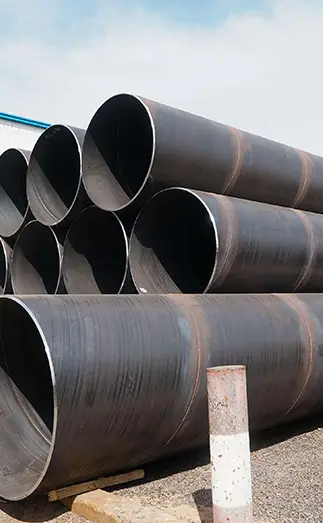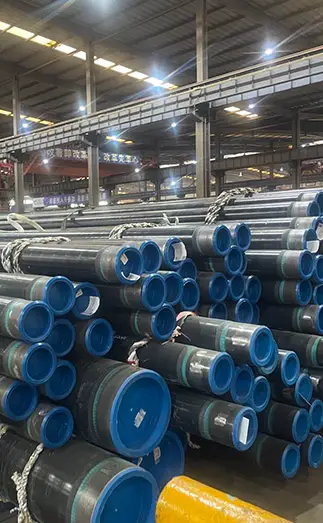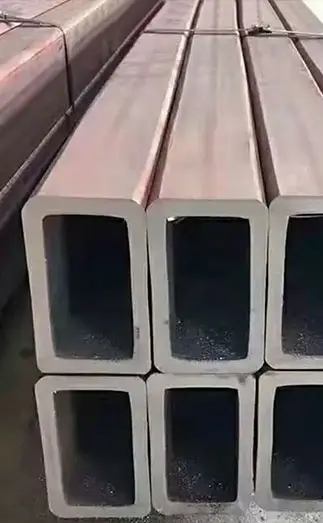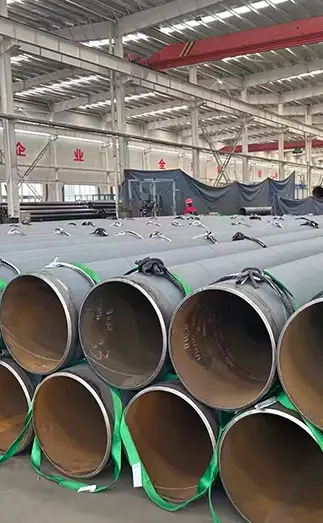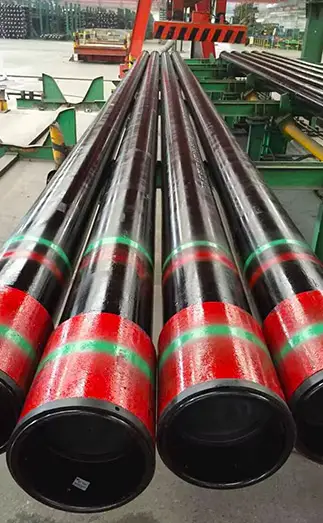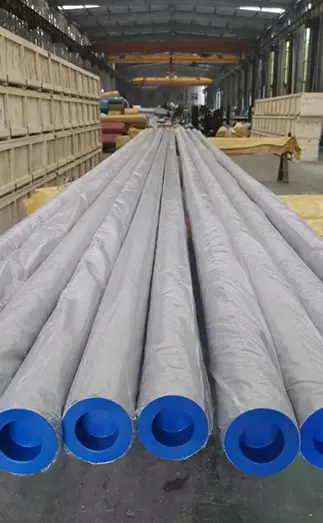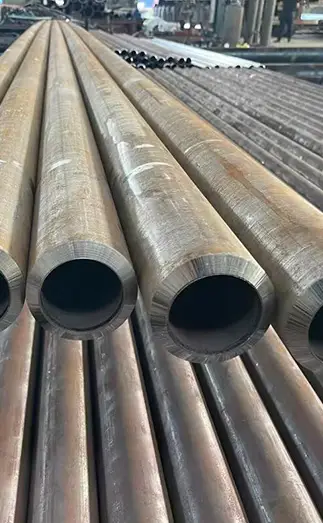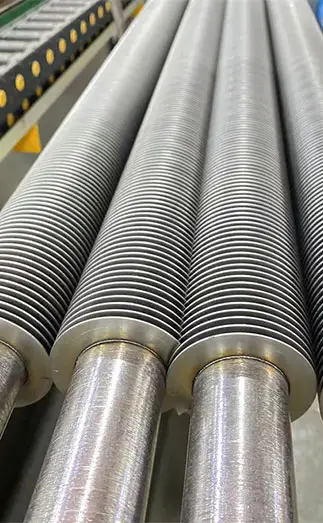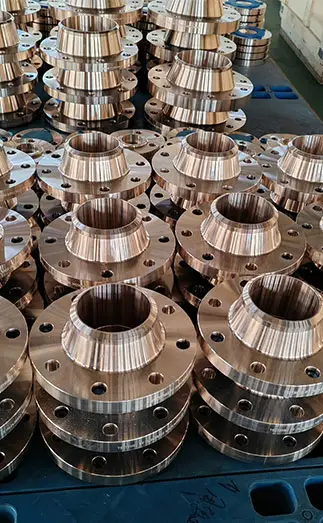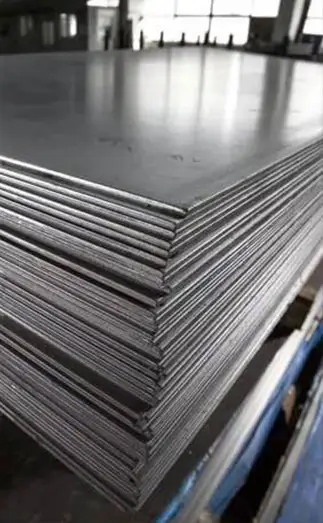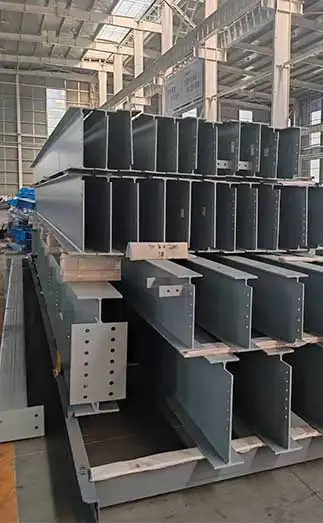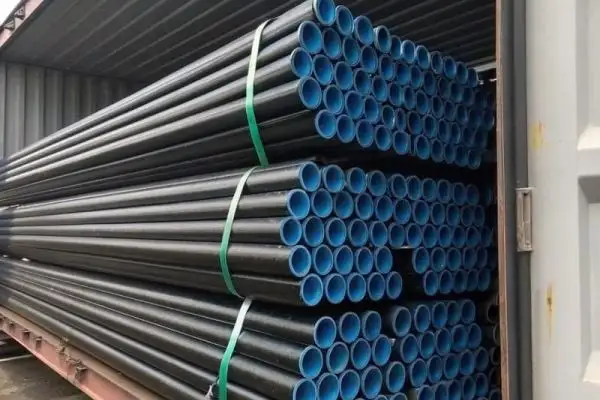The technology behind Electric Resistance Welded (ERW) steel pipes has significantly matured and improved over the years. Both theoretical research and practical applications have demonstrated that ERW pipes offer exceptional reliability, safety, and cost-effectiveness, making them a cornerstone in the oil and gas transportation industry. This article explores the key roles and advantages of ERW steel pipes in oil and gas transport.
Key Features of ERW Steel Pipes in Oil and Gas Applications
- Reliability
ERW steel pipes are produced through a welding process that ensures uniformity and precision. Their consistent quality makes them reliable for use in high-pressure environments commonly found in oil and gas pipelines.
- Safety
The manufacturing process of ERW pipes minimizes defects such as cracks or porosity, which are critical in ensuring the integrity of pipelines carrying flammable materials. Enhanced inspection methods, including ultrasonic and radiographic testing, further ensure the safety of these pipes.
- Cost-Effectiveness
Compared to seamless pipes, ERW steel pipes offer a more economical solution without compromising on performance. Their manufacturing process is efficient and scalable, reducing production costs while meeting industry standards.
Applications of ERW Steel Pipes in Oil and Gas Transportation
- Long-Distance Pipeline Systems
ERW steel pipes are extensively used in constructing long-distance pipelines for crude oil, natural gas, and refined products. Their durability and ability to withstand varying environmental conditions make them ideal for such applications.
- Distribution Networks
In urban and industrial settings, ERW pipes play a vital role in distributing gas and oil to end-users. Their precise dimensions and strength enable seamless integration into complex pipeline networks.
- Offshore Transportation
ERW pipes are also used in underwater pipelines for transporting oil and gas from offshore platforms to onshore facilities. Their resistance to corrosion and pressure ensures longevity in harsh marine environments.
Innovations Driving ERW Steel Pipe Technology
- Advanced Welding Techniques
Innovations in welding technology have enhanced the structural integrity of ERW pipes. High-frequency welding methods ensure stronger joints and minimize defects.
- Coating and Corrosion Resistance
Modern ERW pipes often feature advanced coatings that protect against corrosion, extending their lifespan in challenging environments, including saltwater and acidic soils.
- Enhanced Quality Control
Integration of automated inspection systems has improved the precision of flaw detection during production. These systems ensure that only pipes meeting stringent quality standards are delivered to the field.
Future Trends in ERW Steel Pipe Applications
- Green Energy Infrastructure
With the global shift towards cleaner energy, ERW pipes are expected to play a significant role in hydrogen transportation and carbon capture storage systems, where high-pressure capabilities are essential.
- Smart Pipelines
Integration with digital technologies such as sensors and IoT systems could transform ERW pipelines into smart pipelines capable of real-time monitoring for leak detection and maintenance prediction.
- Expansion into Emerging Markets
As developing regions invest in energy infrastructure, the demand for reliable and cost-effective ERW steel pipes will continue to rise, driving further innovation and adoption.
ERW steel pipes have proven to be a robust and versatile solution for oil and gas transportation. Their combination of reliability, safety, and economic advantages, coupled with ongoing technological advancements, ensures their pivotal role in the energy sector for years to come.



 English
English Español
Español Français
Français بالعربية
بالعربية